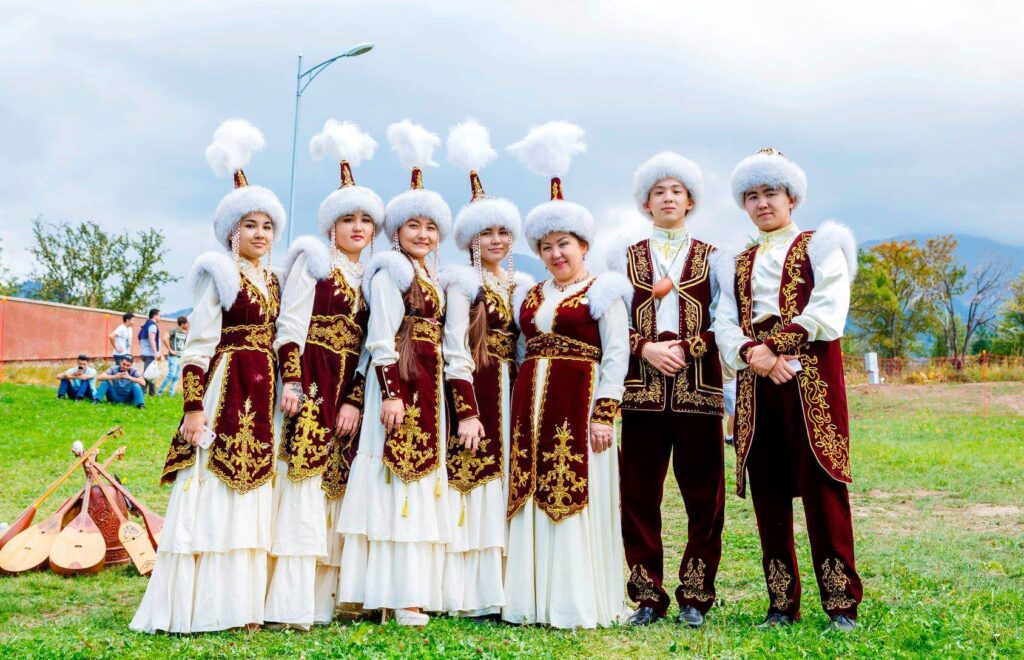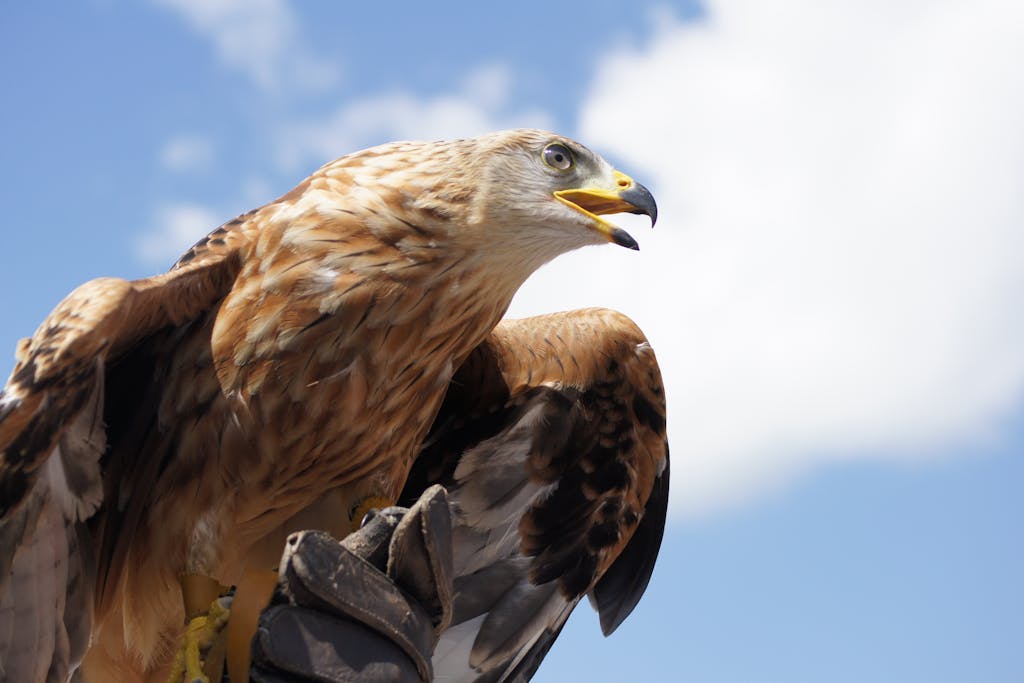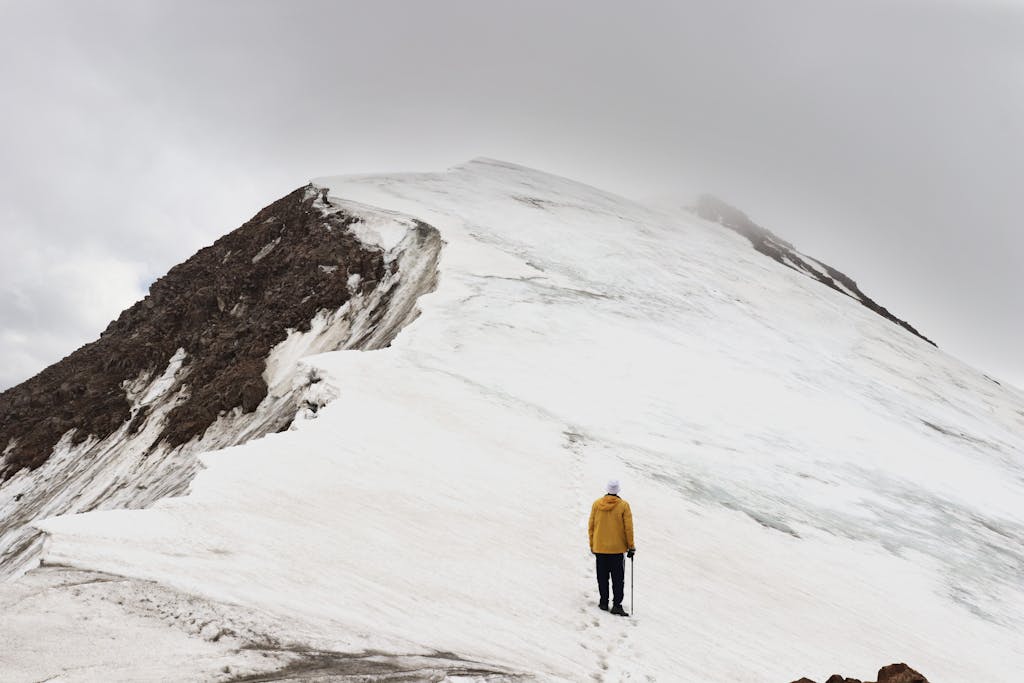Khoja Ahmed Yasawi was a 12th century Turkic poet, philosopher and Sufi mystic whose works are still famous today. He is one of the most famous Turkish poets and spiritual men. The following are the main points of his life. A son of the Seljuk Empire, Khoja Ahmed Yasawi was born in 1093 in Sayram, now a city in Kazakhstan. He received his Islamic education in Bukhara (now in Uzbekistan), which was one of the main centres of Islamic learning at the time.
He eventually became one of the most prominent Sufi teachers, and his teaching spread throughout Central Asia. After his death in 1166, an amazing mausoleum was built in his memory in the middle of Turkistan near Kazakhstan. The Mausoleum of Khoja Ahmed Yasawi, also known as the Mausoleum of Khoja Ahmed Yesevi, is a world-renowned masterpiece of medieval architecture and is a UNESCO World Heritage Site.
Khoja Ahmed Yasawi is highly respected for his literature and mystical thought, which consists mainly of his Turkic writings. Most of his literary works revolve around a love, a spiritual and unique search for truth. He was the head of the Yasawiyya Sufi brotherhood, which, along with his Sufi movement, was the main reason for the spread of Sufism throughout Central Asia.
Khoja Ahmed Yasawi is the most revered figure in Central Asia, and his message is still alive and well, embraced by writers, artists and followers of spirituality in the region. Khoja Ahmed Yasawi is remembered not only as a literary figure, but also as a spiritual leader whose wisdom continues to be relevant in Central Asia and beyond.
Arystan Bab Mausoleum
Arystan Baba is a well-known historical figure of the Kazakh Khanate era and belongs to the 16th century. He was a famous and well-known military leader and statesman who is often recognised as a very significant figure in the history of the region now known as Kazakhstan. Arystan Bab, who was one of the key figures and a powerful ruler who helped to centralise power and expand the territory of the Kazakh Khanate. His leadership and military prowess were the main reasons for the stability and economic development of Kazakh society at that time.
Aisha Bibi Mausoleum
The Aisha Bibi Mausoleum is a beautiful 13th century monument located in Taraz, Kazakhstan. It is a mausoleum dedicated to the memory of Aisha Bibi, who is considered to be a noblewoman of the XII century. It is known for its unique architecture, which consists of intricate brick work and geometric patterns. It is believed that Aisha Bibi was the bride who was to be married to a prince, but died on the way to the wedding.
The mausoleum was built in her honour, and today it attracts both Muslims and tourists who visit it for its historical and architectural significance. The mausoleum has undergone various restorations and renovations over the centuries and is a magnificent cultural landmark of Kazakhstan. It is also listed as a UNESCO World Heritage Site as part of the Silk Roads: The Chang’an-Tianshan Network of Communication.
Ukash Ata Mausoleum
The Ukash Ata Mausoleums are a group of historic mausoleums located in southern Kazakhstan, near the city of Shymkent. These mausoleums are significant historical and cultural sites in the region. Ukash Ata is a revered figure in Kazakh culture and history. According to local beliefs, he was a holy man and a Sufi mystic who lived in the 10th century. The mausoleums built in his honor are pilgrimage sites for many Muslims in Kazakhstan.
The mausoleums are known for their unique architectural features, blending elements of Islamic and Central Asian architectural styles. They are typically constructed of brick and adorned with intricate tile work and ornate carvings. Visitors to the Ukash Ata Mausoleums can explore the historical significance of these sites, admire their architecture, and learn about the cultural heritage of the region. Additionally, the surrounding area offers stunning landscapes and opportunities for outdoor activities, making it a popular destination for tourists and locals alike






